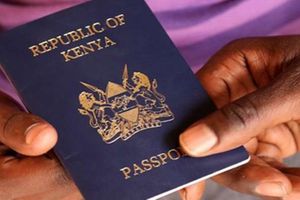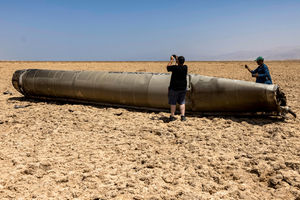Why Barclays Bank Tanzania rebrands to Absa

Managing director for Barclays Bank Tanzania, Mr Abdi Mohamed. Photo | Courtesy
What you need to know:
The name change, which took place concurrently across all Barclays Africa Group subsidiaries, comes almost a year after the London-based Barclays Plc sold most of its controlling stake in Absa to end more than a century of the British bank’s involvement in Africa.
Dar es Salaam. Barclays Bank Tanzania joined the rest of Barclays Africa subsidiaries in the process to change its name to Absa yesterday as the group goes back to its South African roots after a change in shareholding.
The name change, which took place concurrently across all Barclays Africa Group subsidiaries, comes almost a year after the London-based Barclays Plc sold most of its controlling stake in Absa to end more than a century of the British bank’s involvement in Africa.
Briefing journalists in Dar es Salaam, the Managing director for Barclays Bank Tanzania, Mr Abdi Mohamed, said the change at the country level will take off in 2020.
“At the country level, we are preparing ourselves for the separation as we look at approved budget, upstream technology as well as what needs to be changed. In the meantime, we will continue to be called Barclays Bank Tanzania, Part of Absa. This will give the public time to familiarise with the new look,” he said.
During the period, the bank will also be looking at getting the necessary approvals from the Bank of Tanzania (BoT).
Other Barclays Bank subsidiaries to be changed include Botswana, Ghana, Kenya, Mauritius, Mozambique, Seychelles, Uganda and Zambia.
Speaking in Johannesburg yesterday, Absa’s chief executive Maria Ramos named the rebranding to be ‘an important milestone in the pursuit of the bank’s vision to create a banking group that Africa can truly be proud of. “Our new brand is a celebration of our deep sense of pride in our African heritage,” she said.
Absa was originally an acronym for Amalgamated Banks of South Africa. It was formed in 1991 through the merger of several South African banks including Volkskas Bank, a financial services conglomerate founded in the 1930s to mobilise the economic power of Afrikaners, white South Africans of mainly Dutch descent who ruled under Apartheid.




